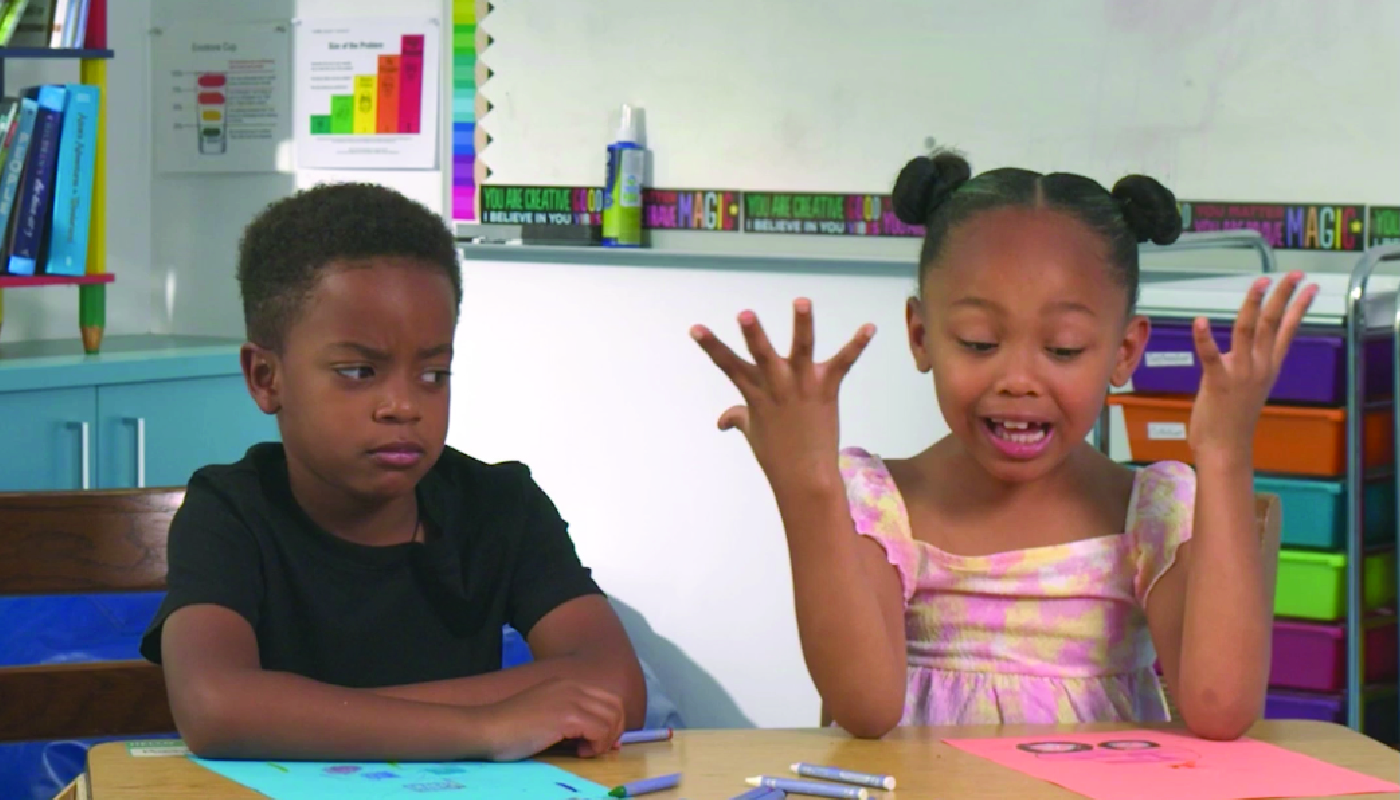
Introduction
As educators, it’s crucial to help students learn how to adapt to new situations and maintain focus. By incorporating principles of Social-Emotional Learning, we can teach students to be more resilient, flexible, and open to change. In this blog post, we’ll discuss an easy-to-implement activity that requires no preparation, along with discussion questions to further explore the topic, related skills, and how to access free sample materials for continued learning.
No-Prep Activity: Chair Yoga
This simple activity requires no preparation or materials and can be done in the classroom to help students refocus and adapt to new situations. Chair Yoga involves performing gentle stretches and movements while seated, making it accessible to all students. Here’s a brief outline of the activity:
- Invite students to sit comfortably in their chairs with their feet flat on the floor.
- Lead students through a series of stretches, such as reaching their arms overhead, twisting their torsos, or stretching their legs out in front of them.
- Encourage students to take slow, deep breaths as they move through the stretches.
- After completing the stretches, ask students to close their eyes and take a few more deep breaths, focusing on their breathing.
- Invite students to open their eyes and return to their activities, noticing any changes in their focus or energy levels.
Discussion Questions
- How did the Chair Yoga activity make you feel? Did you notice any changes in your focus or energy levels?
- Can you think of other situations where using a strategy like Chair Yoga might help you adapt to new circumstances or maintain focus?
- What are some other strategies you’ve used in the past to help you adapt to new situations or stay focused?
- How can practicing flexibility and adapting to change benefit you in other areas of your life?
Related Skills
In addition to adapting to new situations and maintaining focus, other relevant skills for students to develop include:
- Problem-solving: Learning how to identify and overcome challenges in various situations.
- Communication: Effectively expressing thoughts and feelings to others, as well as actively listening to their perspectives.
- Emotion regulation: Recognizing and managing emotions in healthy ways.
- Collaboration: Working together with others to achieve common goals.
Next Steps
To help your students continue developing their ability to adapt to new situations and maintain focus, sign up for free samples of this skill and others at Everyday Speech. These resources will provide you with additional activities, strategies, and support to enhance your students’ Social-Emotional Learning journey.

